Tag: implementation
-
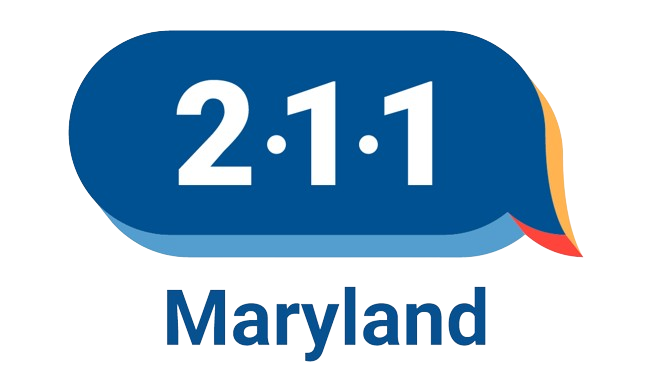
Resource data as a service: 2-1-1 Maryland’s new integration with their state’s healthcare IT infrastructure
We’ve partnered with 2-1-1 Maryland over many years, so we’re especially proud of their recent partnership with CRISP – Maryland’s Health Information Exchange – and Maryland’s Department of Health. This year, we helped 211MD and CRISP develop a groundbreaking partnership with MDH’s Primary Care Program. The results of this partnership point to exciting new horizons…
-

Introducing Profiles: customize our standard for your domain!
We designed the Human Service Data Specifications (HSDS)to make it easy to share information about human services of any kind. But given the many nuanced differences across human service sectors – and states and countries and etc – it’s just not feasible to standardize every possible kind of information associated with any kind of service anywhere.…
-
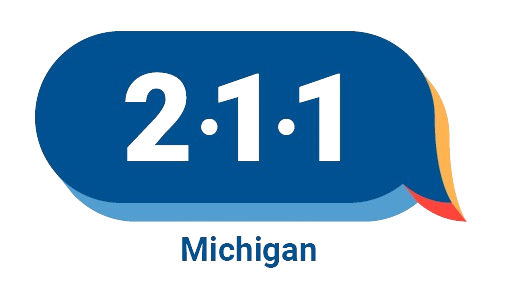
Michigan 211’s new resource data infrastructure: providing social service information as a service
Since the onset of the pandemic in the spring of 2020, Michigan 211 has received an increasing number of requests for real-time access to our social service directory database from partners and collaborators across the state. We actively maintain over 40,000 service records offered throughout Michigan, verifying its accuracy on an ongoing basis – and…
-
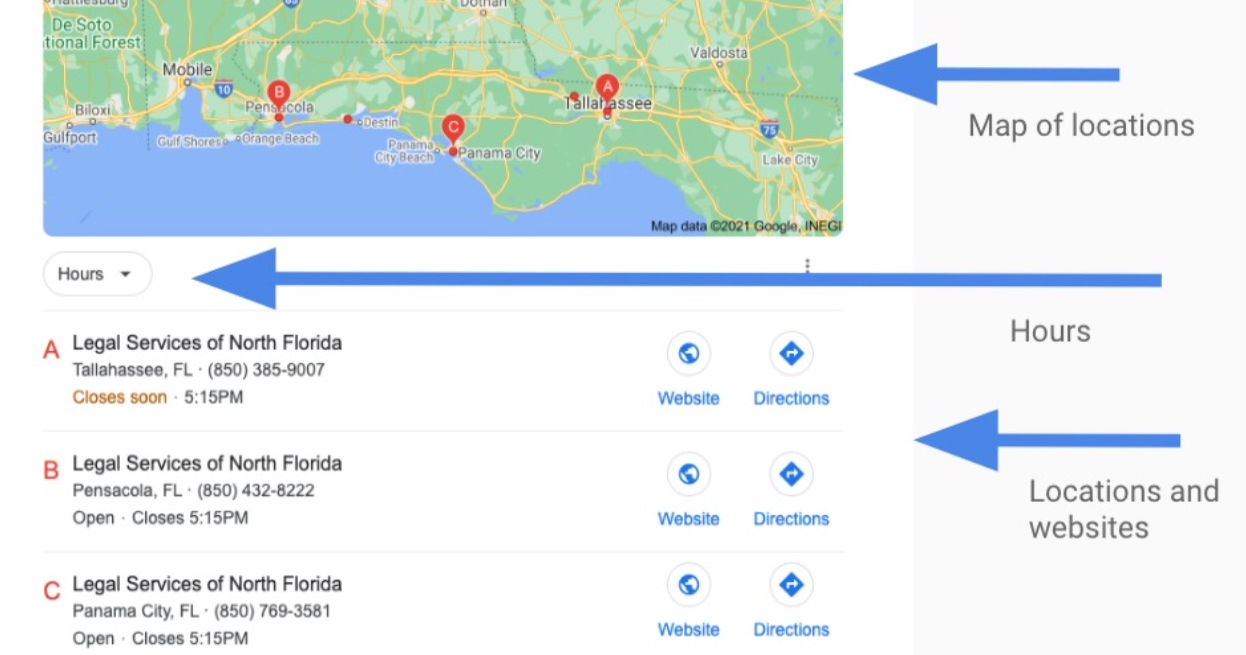
Improving access to legal aid by improving search results with schema.org
Despite the vast amounts of information on the Web, finding reliable information about legal services through internet searches is harder than many expect. Basic searches — for needs like assistance with evictions, help with public benefits, or protection from domestic violence — often turn bewildering as results on Google, among other search engines, typically seem…
-
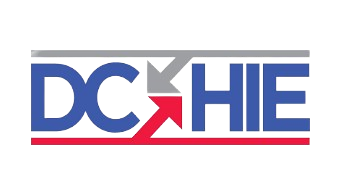
Evolving the DC Community Resource Information Exchange’s Inventory Capabilities
In the District of Columbia, we’re developing a new approach to the very old problem of resource directory information management. Years ago we shared the story of the first phase of our work here on this blog, and we’re now excited to share results from our second phase. The DC Community Resource Information Exchange initiative…
-

LOOP: Resource Data Collaboration, Live at Leeds
Leeds, a city in the North of England, has developed an open-source API-based service directory data infrastructure. LOOP (Leeds Open Online Platform) provides a way for the city’s local authority, voluntary sector and private partners to collaborate on a shared information repository. The City Digital Partnerships Team is currently leading the project. We are hosted…
-

Release Announcement: Benetech Service Net upgrade
[Welcome back to the blog, Benetech! This post is from KP Naidu, VP of Benetech Labs, with an update on their Service Net.] Here in Benetech’s home of the San Francisco Bay Area, our communities are facing compounding crises: the pandemic, economic crisis, and most recently out of control wildfires forcing thousands of evacuations…
-
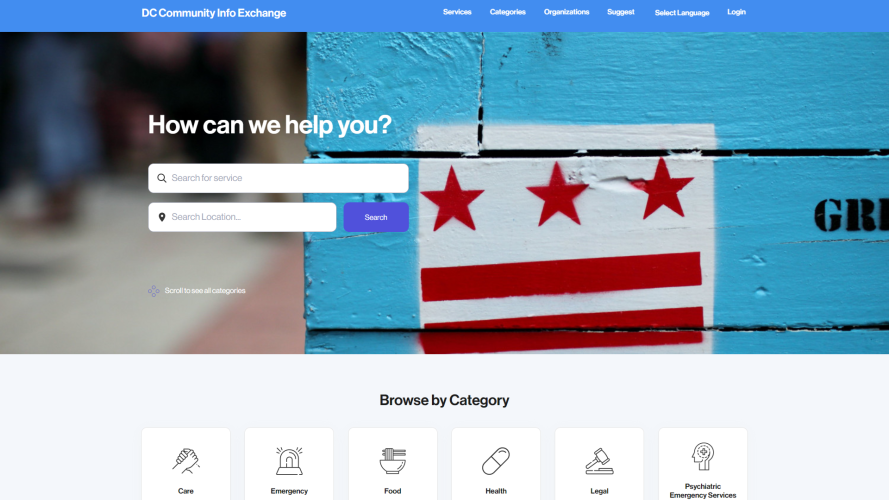
Presenting ORServices 3.0: a Complete Laravel-based Open Referral Directory Solution
I’m happy to announce that Sarapis is releasing a Laravel-based Open Referral Directory Solution (ORServices) as open source code! This software enables anyone to create their own community resource directory information system — with a level of design and functionality that is comparable to proprietary resource directory software systems that are available on the market.…
-
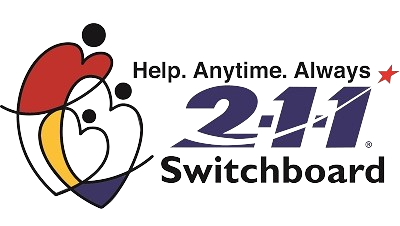
Miami Open211: developing new business models for resource data-as-a-service
Open Referral has been helping the Miami-Dade 2-1-1 Helpline explore new kinds of partnership models that can deepen the impact of their operations while enhancing the sustainability of their program. (In 2017, we reported on the first phase of our … Continue reading →